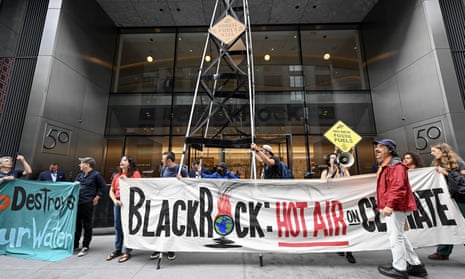At the UN Climate Change COP26 Conference continued with Fridays for Future and Global Day of Action protests this weekend as activists have been thronging the streets of the Scottish city. Greta Thunberg, Vanessa Nakate, and Malala Yousafzai spoke about the role that young women play in vocal activism, how climate change and education are connected, ensuring better representation for activists, and how COP26 is turning into a “greenwash campaign.”
Vanessa Nakate, Luisa Neubauer, Greta Thunberg, Isabelle Axelsson and Loukina Tille, from left, in Davos on Friday last week
Greta Thunberg: GREENWASH ALERT! The fossil fuel industry & banks caused are among the biggest climate villains. Now @Shell @BP&@StanChart are here in Glasgow trying to scale up offsetting & give polluters a free pass to keep polluting. Their plan could trash the 1,5°C goal.
“Since we are so far from what actually we needed, I think what would be considered a success would be if people realize what a failure this COP is,” 18-year-old Thunberg said at a panel event chaired by UN Women Goodwill Ambassador Emma Watson.
Vanessa Nakate, the 24-year-old climate activist from Uganda, used current climate change conditions to argue that pledges to keep the earth within the limit of 1.5C is not an adequate solution for regions, such as her own, facing the immediate effects of climate change. “Even right now, it’s already evident that the climate crisis is ravaging different parts of the African continent,” said Nakate, founder of the Rise Up climate movement.
Malala Yousafzai Says Girls' Education Is Key to Fighting Climate Change: “When we talk about the 130 million girls that are out of school, these girls are out school because of different reasons, and some of the reasons include climate disasters including displacement because of climate catastrophes like drought, like floods; many of their schools are washed out because of those climate events.” said Yousafzai. Yousafzai cited research conducted by the Malala Fund which showed that up to 4 million girls are at risk of losing their education because of climate change in 2021. She added that number could increase to 12.4 million in five years. “Climate, gender equality, and girls’ education are not separate issues,” said the Pakistani activist, stressing the importance of addressing climate change to ensure safe access to education. As Yousafzai highlighted at the panel: “It is the young people, especially young women who are the voices of the climate movement, and that gives hope to so many people.”
https://www.globalcitizen.org/en/content/greta-vanessa-malala-cop26-spee...

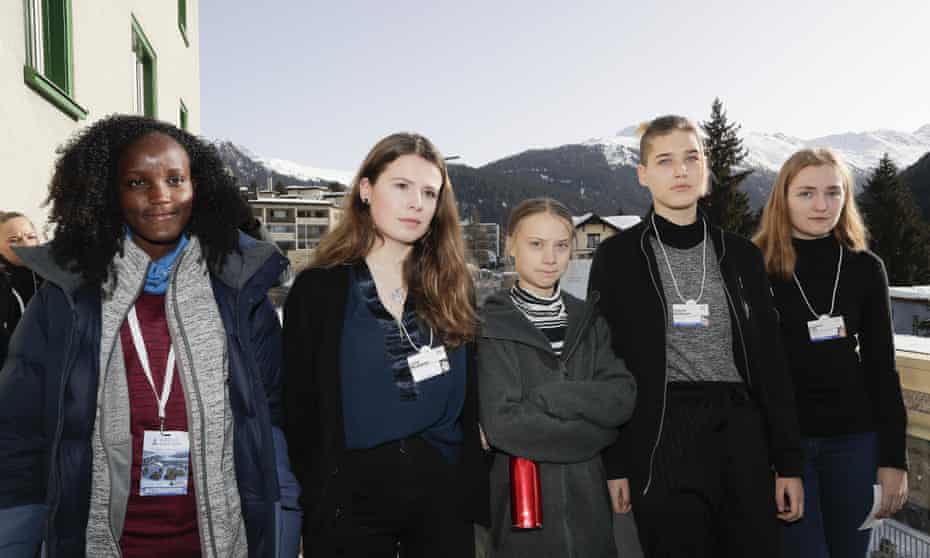
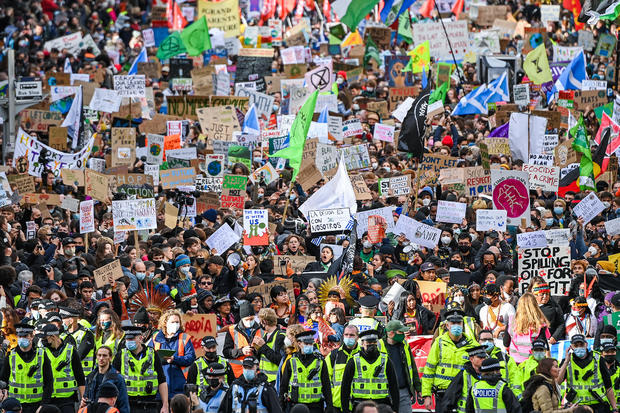

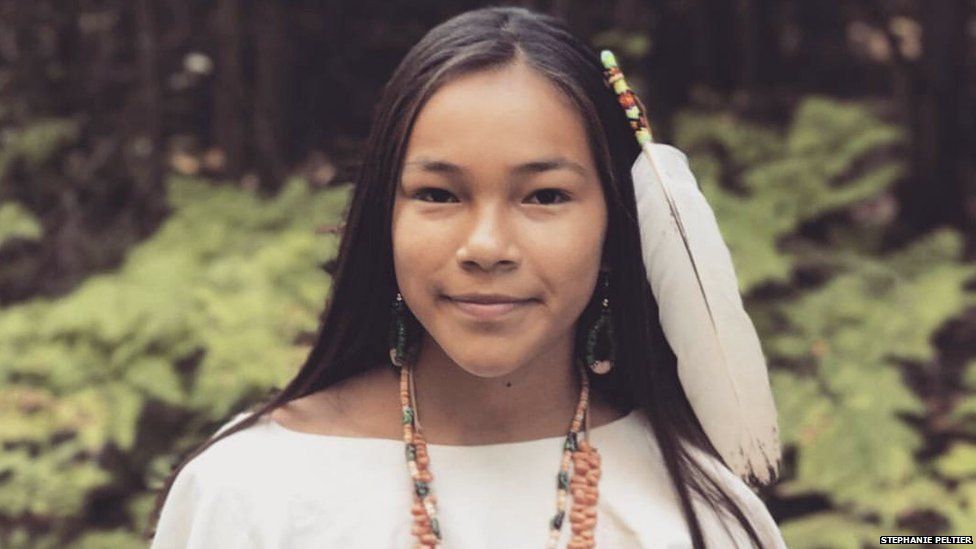
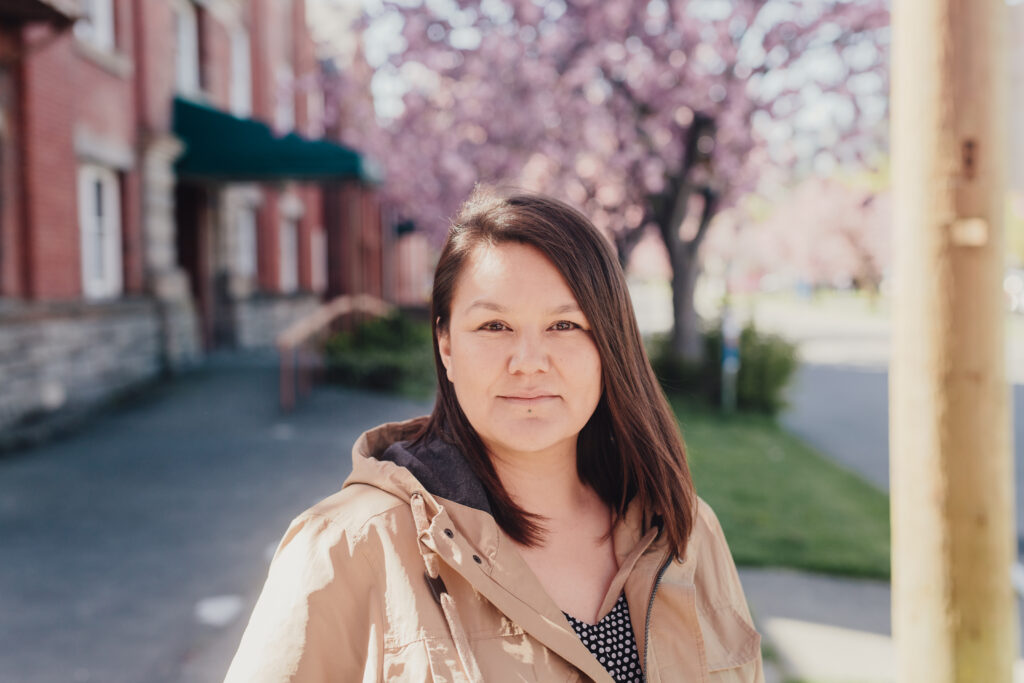
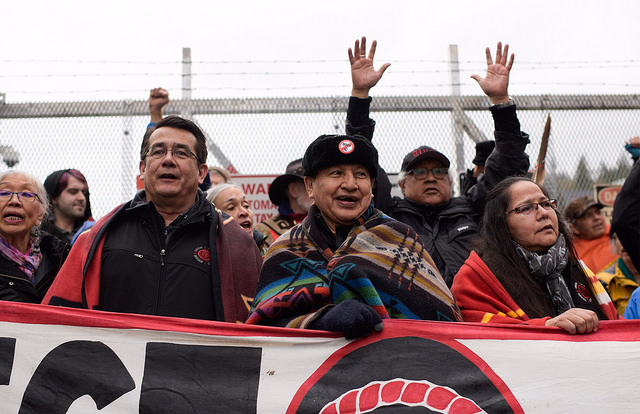

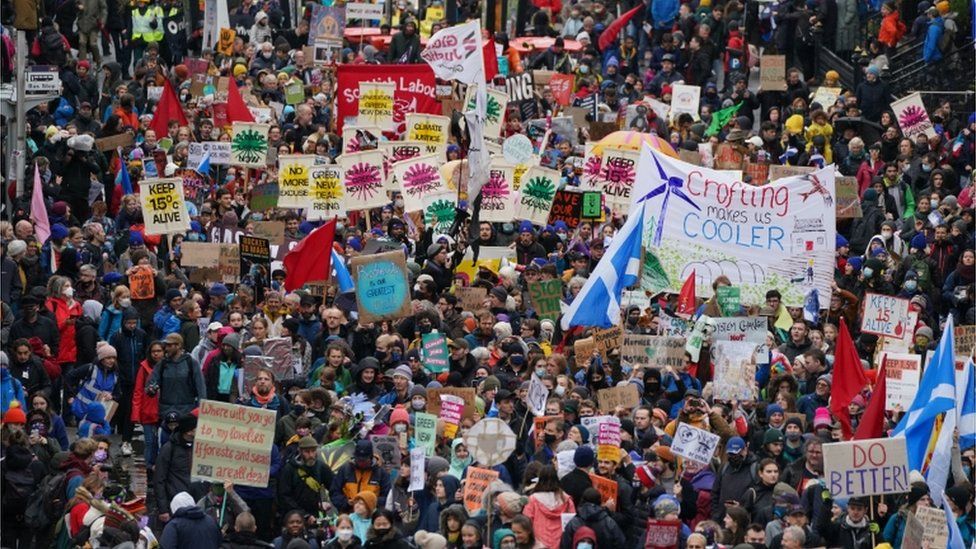 IMAGE SOURCE,PA MEDIA
IMAGE SOURCE,PA MEDIA



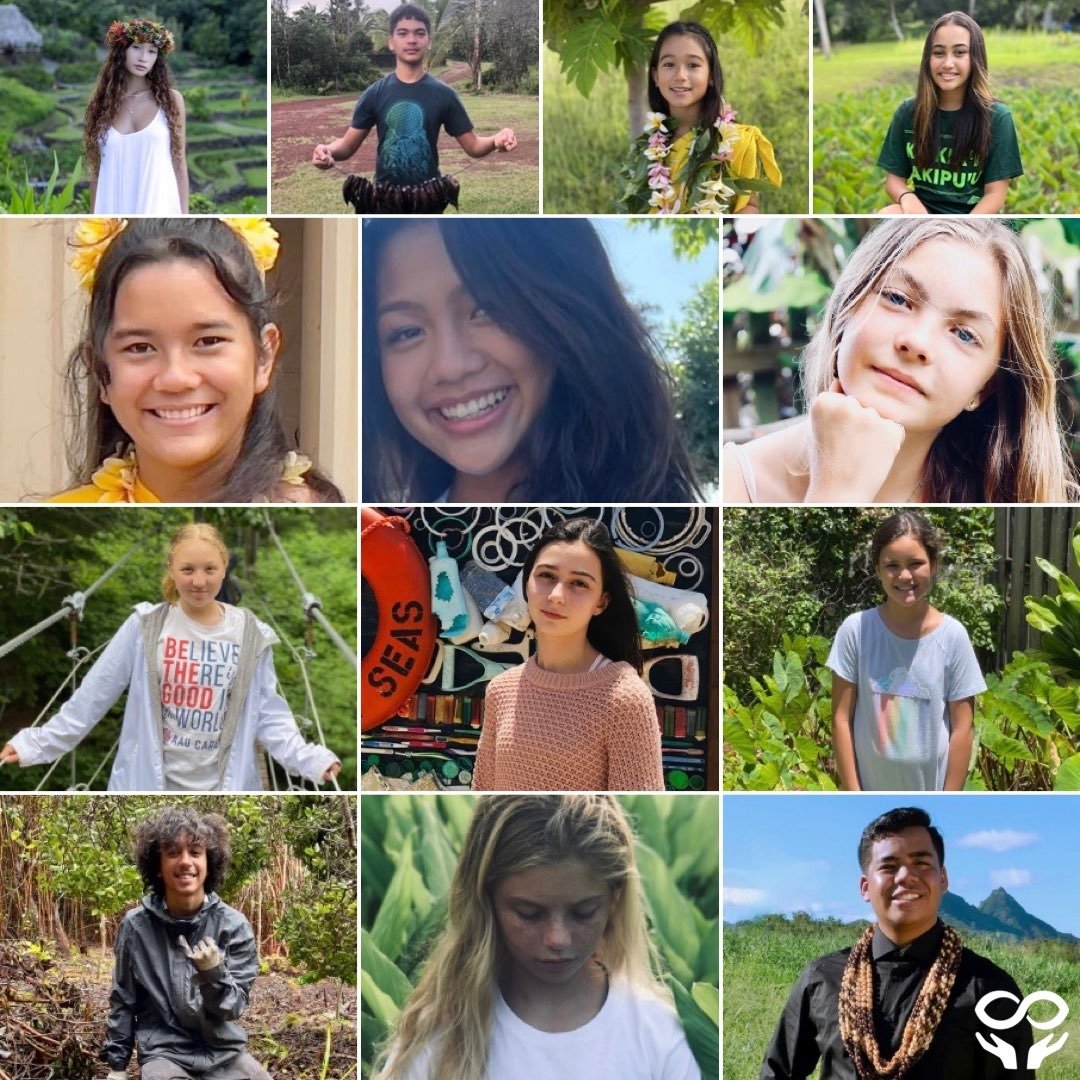



 Protesters wear a traditional hat as they join the global march to end fossil fuel in front of the Department of Environment and Natural Resources on Friday, Sept. 15, 2023, in Quezon city, Philippines. (AP Photo/Aaron Favila)
Protesters wear a traditional hat as they join the global march to end fossil fuel in front of the Department of Environment and Natural Resources on Friday, Sept. 15, 2023, in Quezon city, Philippines. (AP Photo/Aaron Favila)